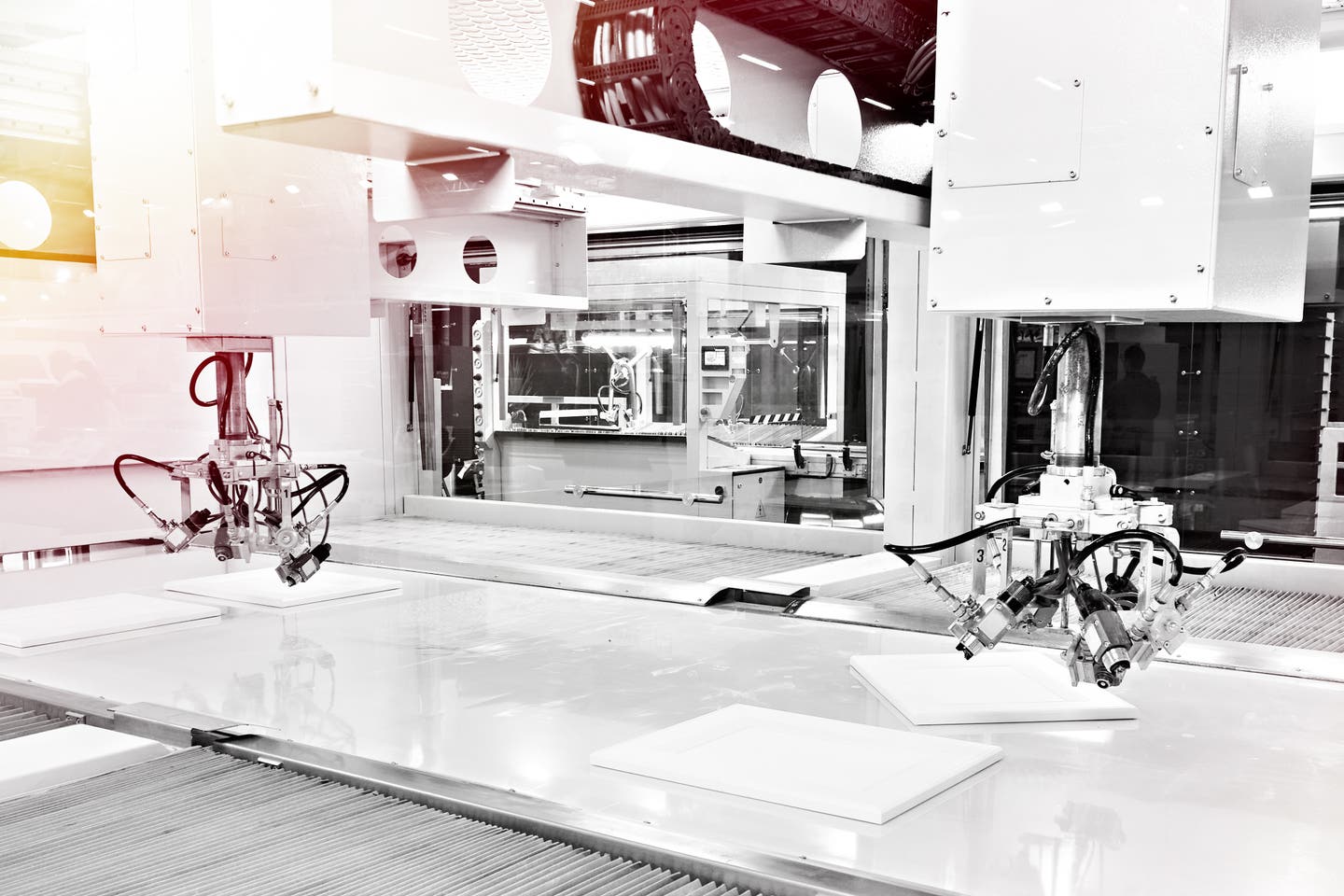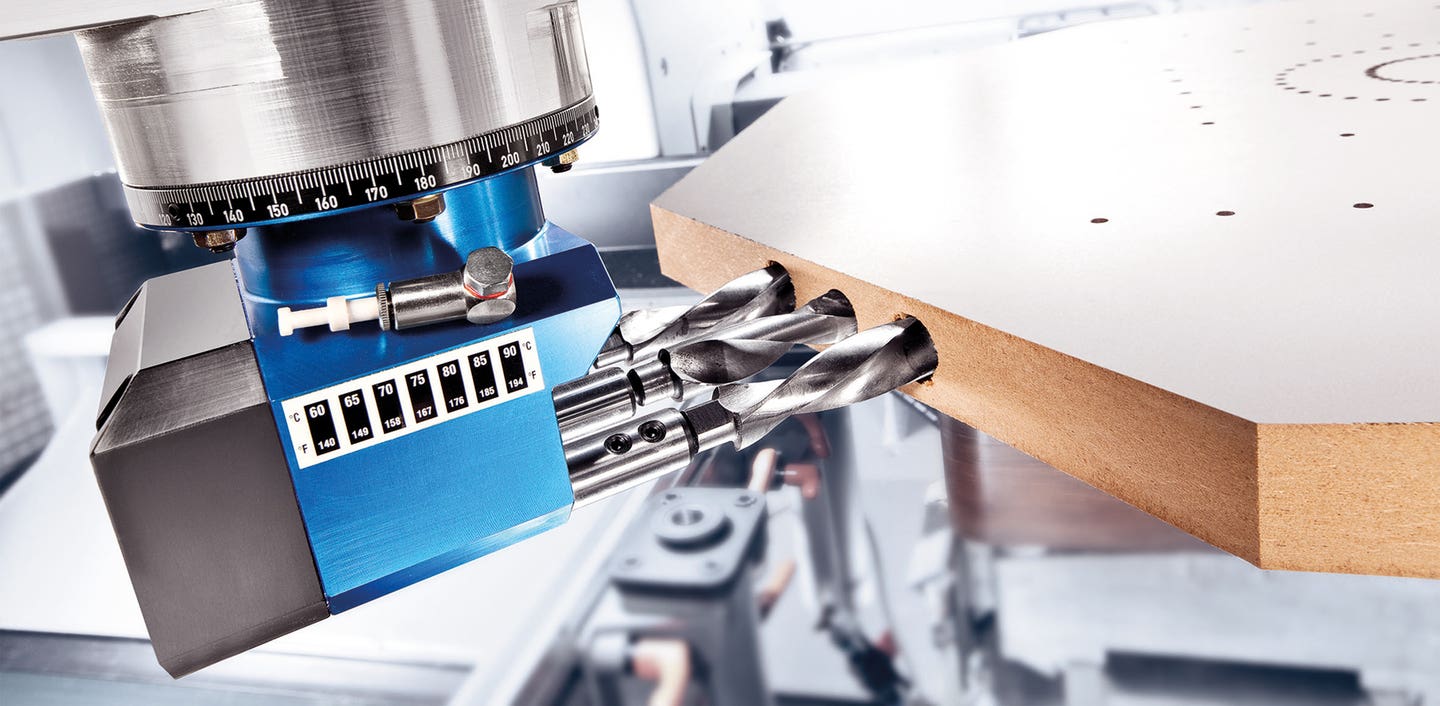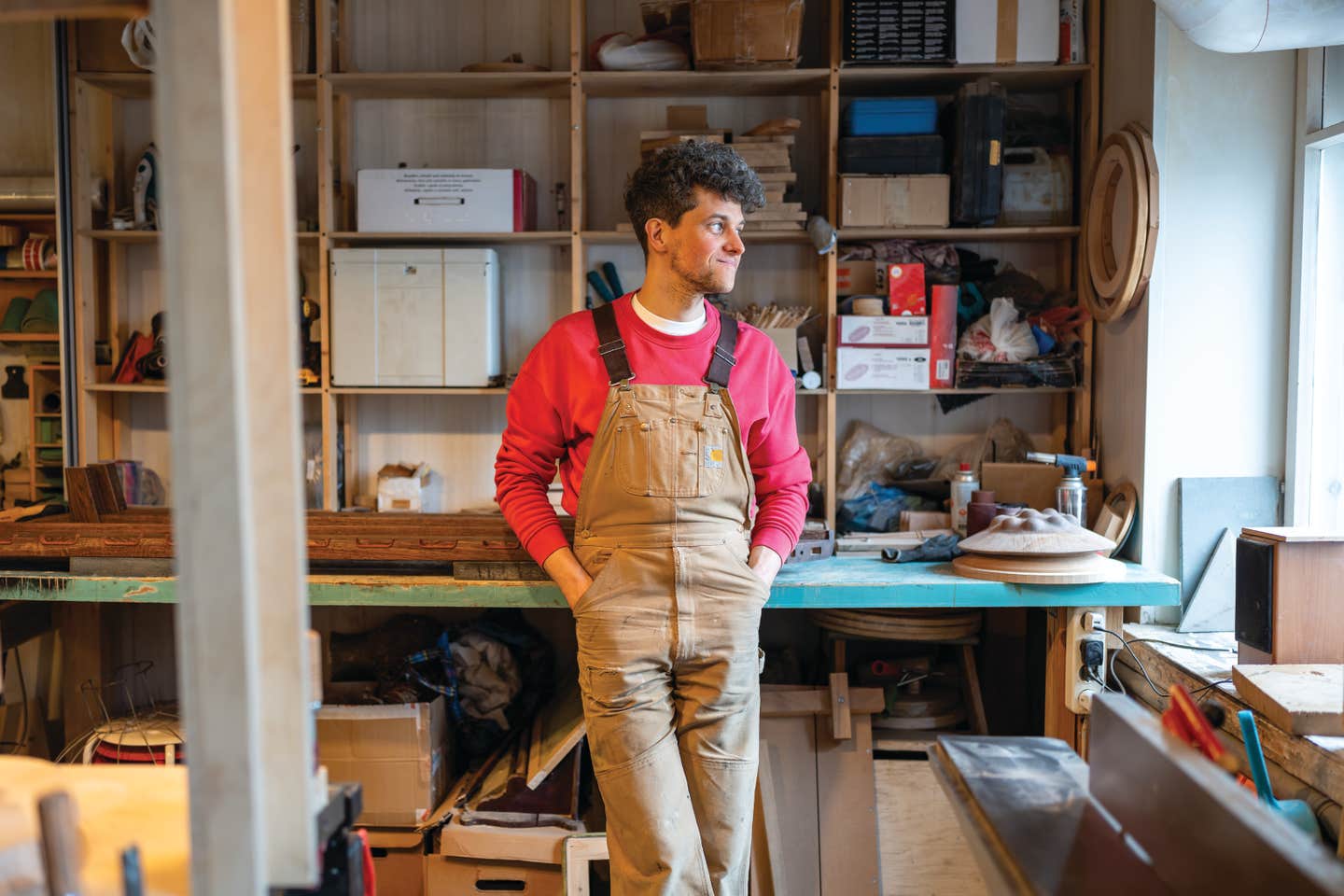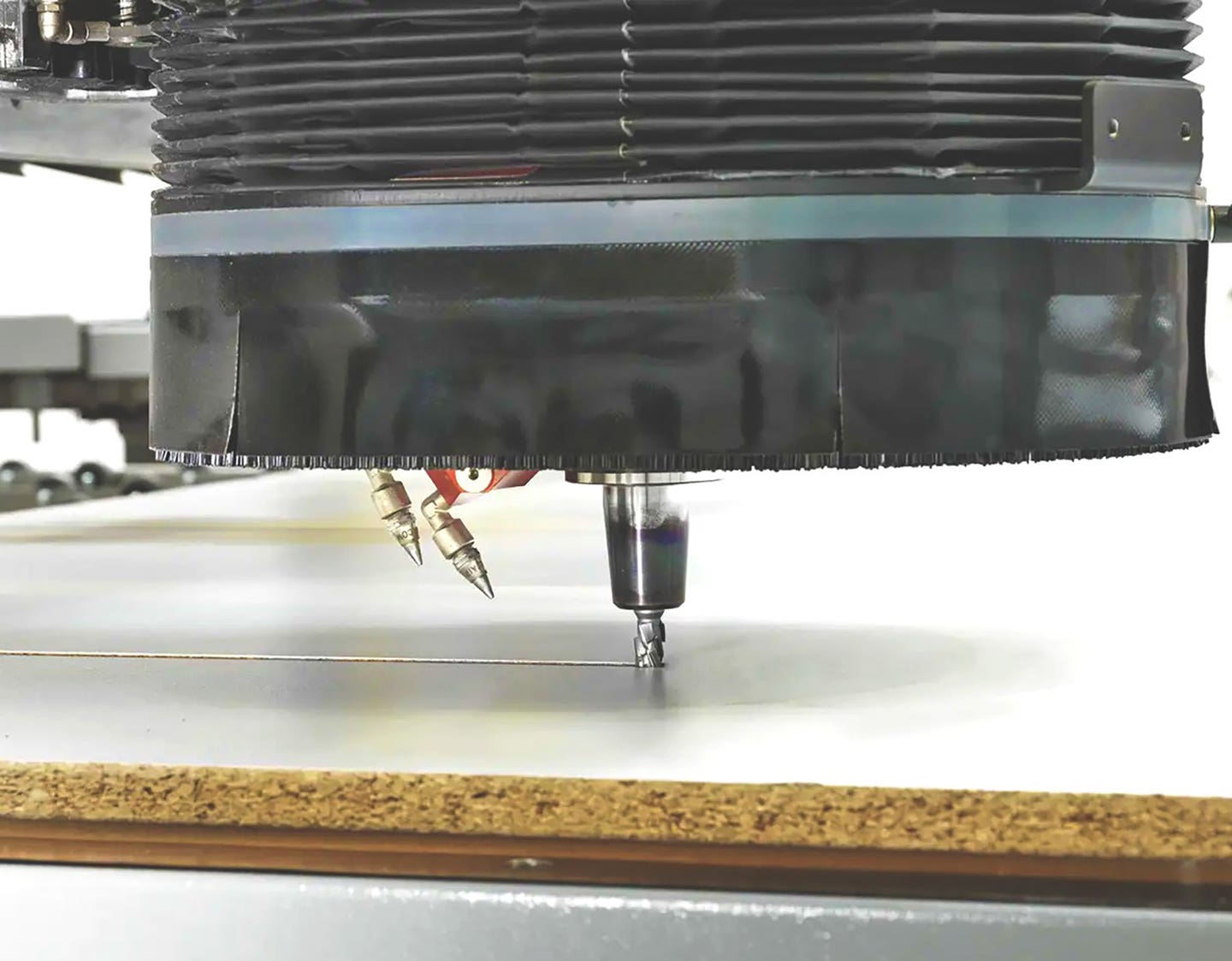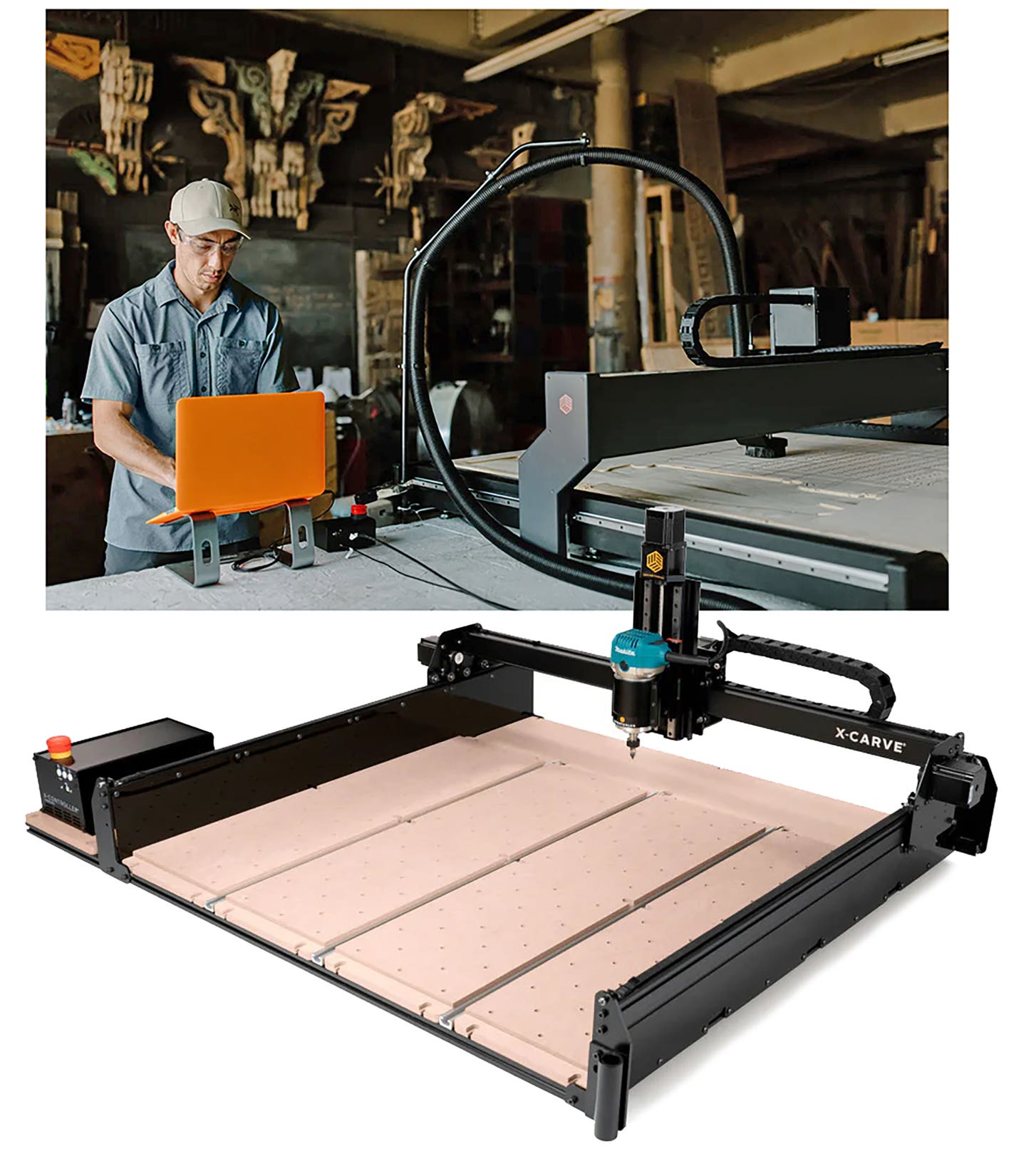A Trusted Source
Troy Cabinetmakers has been serving customers in upstate New York and beyond for over 40 years, delivering a high-quality product with the latest technology and traditional values.
The entrance sign to Troy Cabinetmakers in Troy, N.Y., reads “Established in 1979”, but the custom shop was well into its development several years prior.
Owner John DeCurtis began refining his craft skills nearly five decades ago and has since made a mark for himself as a reliable business owner who has a strong rapport with his clients.
Now operating out of a 20,000-sq.-ft. facility, he oversees a team of 20. These craftspeople, finishers, installers, designers and office administrators are behind the fine cabinetry and furniture adorning homes throughout the tri-city area of Troy, Albany and Schenectady, as well as in big cities beyond the New York Capital District like Boston and Manhattan.
DeCurtis keeps active designing projects and meeting with clients. He helps them visualize the end result and encourages them to make informed decisions throughout the construction process.
“I was always good with people and confident in selling. One of my main things early on was how I could go into their house, lay out their kitchen in a sketch and make them feel comfortable about it. I still do it, but now it’s all translated to a computer.”
An early appreciation
While growing up in Troy with a family of craft enthusiasts, DeCurtis learned to appreciate custom work as a child.
“My uncle was a cabinetmaker, my other uncle was machinist, my father was a tailor, so I grew up watching all of that and was the kind of kid that took everything apart,” he says.
Drawn to the earthly scent of freshly cut wood as a teen, he was inclined to pursue woodworking as a profession.
“I worked in my uncle’s cabinet shop after school and on weekends. Just the smell of the wood was nice as opposed to my other uncle’s machine shop that had the smell of oil and steel - that didn’t agree with me as much.”
His mentor uncle, Marco Cacciotti, had founded a shop in Troy in the ’40s that focused on remodeling and homebuilding. DeCurtis followed suit in 1974, opening a shop after graduating high school.
“I felt I knew what I was doing, even though I was young. I had that old-fashioned Italian craftsmanship background from my family. They produced high quality products and did everything right, and they took their time, and that’s what we’re known for.”
DeCurtis started the business with partner and assumed sole ownership five years in working out of a rented 10,000-sq.-ft. shop in Troy. By the early ’80s, DeCurtis and his small crew had emerged as a well-respected source for kitchen cabinets, vanities, stairs, railings, moldings, entrance doors for homes throughout Troy and its surrounding towns. He eventually purchased a 7,000-sq.-ft. shop in the south end of Troy where the company operated for another 25 years, then bought and relocated to his current facility in 2004.
Too high end?
The shop strives to serve a diverse clientele with varying budgets in any style or configuration.
About half of the work is for medium to large homes of mid-high market values and commissioned directly through homeowners. Projects range from a simple vanity to a full kitchen or house. Remaining work goes into elaborate, sometimes over-the-top, projects in multi-million-dollar homes contracted through builders.
Perhaps a good problem to have, DeCurtis is working on softening what he feels is a perceived ‘high-end stigma’ to attract more potential customers.
“My name has a certain quality attached to it. We are very high-end. Sometimes it scares people and they say ‘oh, a John DeCurtis, I can’t afford John DeCurtis cabinets’ and it hurts us. But then some people seek us out for that because we can do the difficult projects and the higher-end projects.
“It’s definitely a problem. We’re considered so high-end people don’t want to come so we’re trying to figure out ways to come up with products that are more affordable.”
No matter what their budget, clients are always impressed with the manufacturing process and many visit the facility prior to and during production.
The shop is equipped with a host of Italian and German machinery, including CNC machinery and state-of-the art finishing units that skilled craftsmen integrate with their traditional handcrafting methods of fabrication.
Simple, traditional styles are preferred.
“Even though sleek and modern designs are more in vogue now in big cities, even those places are heavy on traditional, at least here on the East Coast.”
DeCurtis say about 80 percent of his kitchen cabinetry is painted rather than stained. Customers do have an interest in rustic looks, especially combination looks introduced by designers.
“People also like to see kind of an Arts and Crafts-type style like quartersawn white oak. Things are getting back to the old Mission-style furniture look.”
Exploring new markets
The company felt the economic downturn in 2010, which keeps its leader thinking ahead.
“We didn’t have layoffs but work was harder to get and slowed up. To find the work we’d find a lead and pursue it fast and hard, and maybe had to drop our prices a bit to get the work.
“Businesswise, the local economy here is very predictable and steady, but you have to do good work. People are always checking you out.”
Along with continuing higher-end work and looking to sell more affordable products, he is considering selling products online. This would greatly reduce prices for the budget-conscious and help save time estimating.
“I’d like to find a product we can make and sell in a catalog or online. Right now, everything we do is all custom and takes a lot of time. I want to use the custom work we’ve done as a springboard for a line to offer.
“We’re also going after apartments and condos in this area. I’m trying to offer an affordable product we can make with our CNC equipment and personnel. I need to make a design with reasonably priced material we can manufacture on a repetitive basis for something like a luxury higher-end apartment complex with 200 units. We did one with 300 units out in New York City and I want to keep doing that.”
DeCurtis keeps a framed photo of his now retired uncle on his desk which inspires him to be a mentor himself. His advice to emerging woodworking business owners: “Try to keep your products at a high-quality level and remember that the customer is king. Those are what will get you to the next job.”
Contact: Troy Cabinetmakers, 16 Industrial Park Rd., Troy, NY 12180. Tel: 518-271-0342. www.troycabinet.com
This article originally appeared in the January 2019 issue.


